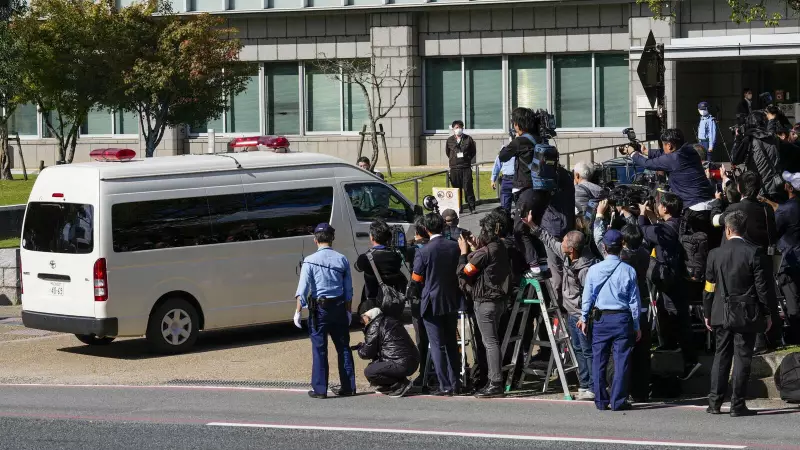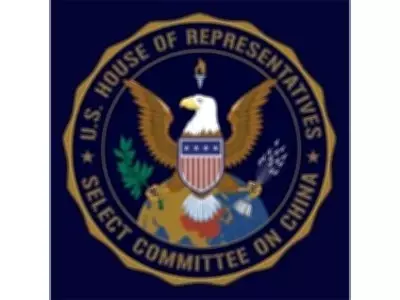
The highly anticipated trial of Tetsuya Yamagami, the man accused of assassinating former Japanese Prime Minister Shinzo Abe, opened with a dramatic confession that sent shockwaves through the courtroom. In a moment that captured global attention, Yamagami openly admitted to the killing that stunned the world.
The Fateful Day in Nara
On July 8, 2022, during a campaign speech in the city of Nara, Japan's longest-serving prime minister was shot while addressing a crowd. The incident, captured on video by multiple bystanders, showed Abe collapsing moments after two loud bangs echoed through the quiet street.
Security footage revealed Yamagami approaching from behind the former leader, holding what appeared to be a homemade firearm. The attack occurred despite the presence of security personnel, raising serious questions about protection protocols for political figures in Japan.
Revealing the Motive
During the trial proceedings, prosecutors presented evidence suggesting Yamagami's motive was deeply personal and connected to his mother's financial ruin. The accused reportedly held a grudge against the Unification Church, now known as the Family Federation for World Peace and Unification, which he believed had driven his family into poverty through excessive donations.
Court documents indicate Yamagami mistakenly believed Shinzo Abe had connections to the religious group, though the extent of any actual relationship remains unclear. This misconception allegedly fueled his decision to target the prominent political figure.
Legal Proceedings and Potential Outcomes
The trial, taking place at the Nara District Court, represents one of Japan's most significant criminal cases in recent history. Legal experts suggest the prosecution will likely seek the death penalty, which Japan maintains for murder convictions.
Key aspects of the legal process include:
- Psychological evaluation of the defendant
- Assessment of premeditation and planning
- Review of security failures during the campaign event
- Examination of the homemade weapon used in the attack
Political Fallout and Security Reforms
The assassination has prompted sweeping changes in Japan's political security apparatus. Authorities have implemented enhanced protection measures for public figures and launched comprehensive reviews of campaign security protocols.
The incident also sparked renewed scrutiny of religious organizations' political connections in Japan, leading to government investigations into the relationships between politicians and religious groups.
As the trial continues, the world watches closely, remembering the legacy of a leader who shaped modern Japanese politics and whose tragic death has left an indelible mark on the nation's consciousness.





